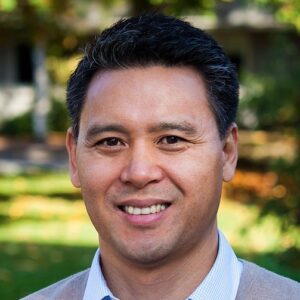formation
Select an item by clicking its checkbox
The best thing anyone ever told me in graduate school rings as clear and true today as it did then. It was during the first year of my doctoral work after one of my classes that my instructor pulled me aside and said matter-of-factly, “Mark, you’ve got a chip ...
In a previous blog, I detailed some of the ways in which white students’ practices of coloniality are manifested in the classroom through co-optation, silence, and resignation. Such praxes—often unconscious and subtle—must be unmasked, especially for those who consider themselves to be allies for justice with communities of ...
There are two subjects about which I am passionate as a teacher and scholar: leadership formation and decolonial praxis. These areas may seem to be at odds with one another, at least in white western worldviews; but disrupting colonial frameworks and ways of being and doing leadership in ministry and ...
In my previous post (the second in a series of three) I reflected on deep learning as part of the formative educational process. I explored what it might look like to focus on students and the world they live in rather than on teaching our own particular (and often narrow) ...
Staying at Trippet Hall on the Wabash College campus always feels like a treat. It was my privilege to go back and stay there for a week earlier this summer as a participant of the early career workshop for theological school faculty. We were the first group that Trippet hosted ...



